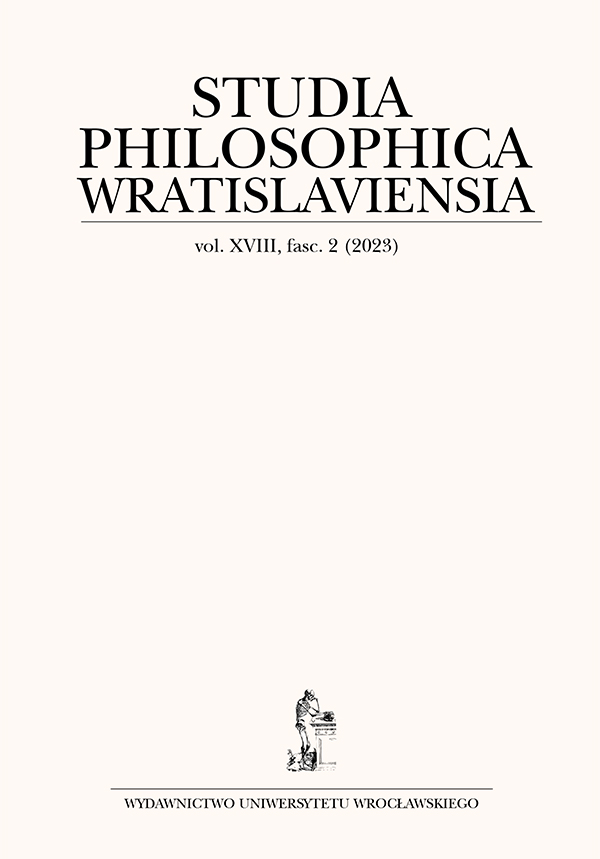Od logiki Łukasiewicza do idei implikacji ważonej. Epistemologiczne przesłanki za przyjęciem wielowartościowości logicznej jako odpowiedź na tezę Suszki
From Łukasiewicz Logic to Relative Implication: Epistemological Motivation for Accepting Logical Multivalence as an Answer to Suszko’s Thesis
Author(s): BARTOSZ KOŚNYSubject(s): Epistemology, Logic
Published by: Wydawnictwo Uniwersytetu Wrocławskiego
Keywords: Suszko’s thesis; epistemology; philosophy of logic; bivalence; multivalence;
Summary/Abstract: In this paper I argue that logical multivalency is necessary for epistemology and has desirable structural properties. In support of this claim, I discuss the nonclassical logical values from an epistemological point of view. The question addressed is how many logical values logicians and philosophers need. Two standpoints are usually adopted regarding this issue: the fundamentality of bivalence and the necessity of multivalence. The first position, supported by Suszko, is summarized in the statement that due to the very nature of logic, bivalency is all we need. The second position, motivated by research practice which requires making inferences under imperfect conditions, admits the multivalence. In the first part of the article, I focus on the very fi rst manyvalued system L3, invented and explored by Jan Łukasiewicz. I recount the critique of L3, and then discuss Suszko’s thesis and Malinowski’s response. I also analyze the epistemological background of the Suszko-Łukasiewicz controversy which was related to the relation between logic, antirealism and externalism. I conclude fundamentalism regarding logical bivalence generates more problems than the adoption of multivalency.
Journal: Studia Philosophica Wratislaviensia
- Issue Year: 18/2023
- Issue No: 2
- Page Range: 91-113
- Page Count: 23
- Language: Polish

